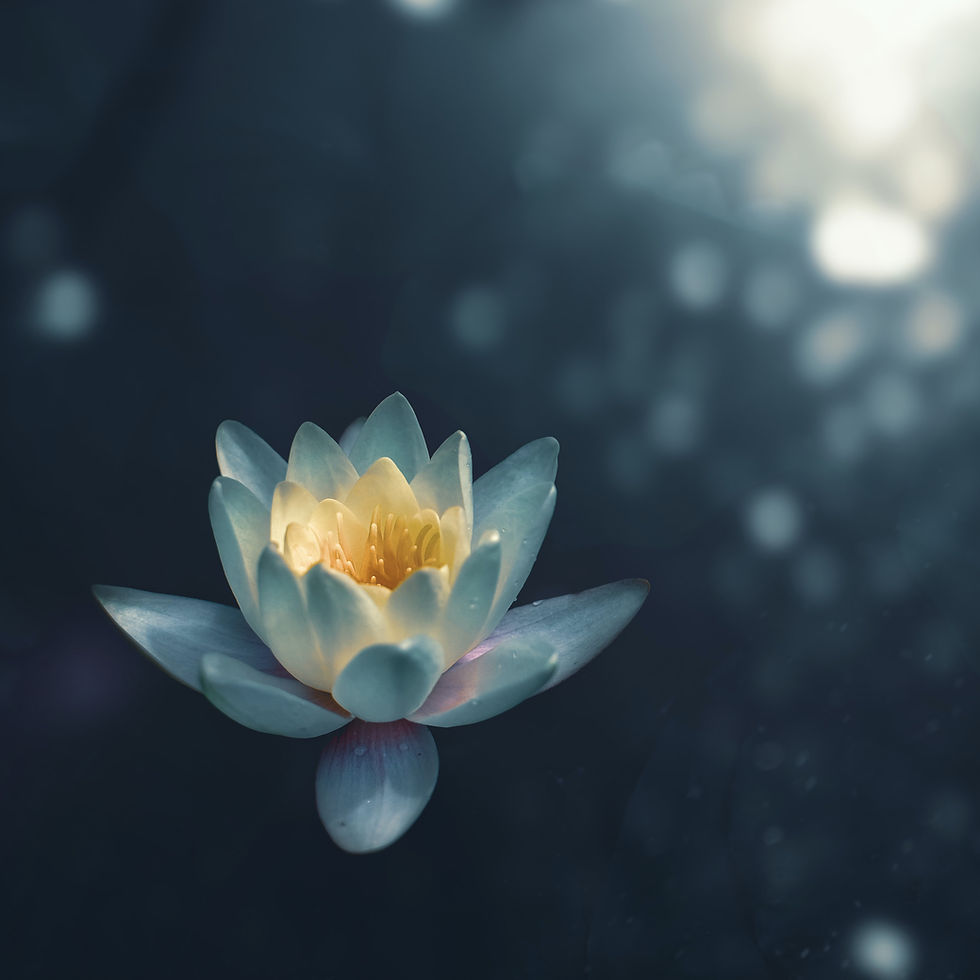Being in your body
- Jun 17, 2022
- 2 min read
Updated: Jun 23, 2022
How did we get to this point of being so utterly obsessed with our bodies – yet completely disconnected from the only home we will ever have?

We are yet to fully realise that body dissatisfaction arises as a culturally and socially developed phenomenon, which is shaped by a dominant story. Body hate is a product of social constructs – it is a learned state – it isn’t with us from birth but thrust upon us as we grow. It is a product of living in an environment which places emphasis and high value on the outward appearance. That prioritises how we look above all else and even deceptively convinces us that our entire worth as a human being can be concentrated down to the size of our bodies.
Disordered eating practices could not survive in a society that places worth on all aspects of our humanity rather than a thin idealisation. We wouldn’t feel guilted into undertaking extreme exercise regimes in an attempt to change our body shape, if our functional abilities were celebrated. We wouldn’t constantly feel like we are less than or incomplete or not enough but be able to experience ourselves as we are, in this moment, right now.
Begin to question where these ideas of looking or being a certain way come from – you will find they are not your own ideas created in a vacuum – but influenced by many opinions, views and values that feed a dominant and imaginary storyline.
So how can we “be” in our bodies with quiet and unwavering confidence in the face of a destructive and diminutive culture? How could we possibly trust in ourselves when the messages we hear and see everyday go against our ability to be self-governing?
We cannot begin to deepen and enrich our experience of living by trying to change our thoughts about our body – No, it requires an actual experiencing of our experience. Acknowledging that we have this shadow of doubt about our body that tends to follow us around, that there are some things about our body the we have judged as less than ideal and that there may be some cruel words we say to ourselves each day to describe our physical form. All it will take is to recognise this veil of thoughts and opinions that clouds our immediate experience of living. As Jon Kabat-Zinn writes in his book Full Catastrophe Living, to see things with “fresh eyes” and to notice the extraordinary in the ordinary.
He also writes: “When we put energy into actually experiencing our body and we refuse to get caught up in the overlay of judgemental thinking about it, our whole view of it and of ourself can change.”
The point is, respect and appreciation for your body cannot come from the thoughts you have about how your body looks, but only by direct attention to what is happening moment to moment. If we could cultivate this – our natural and innate state – what might it mean for the way we relate to food and feeding ourselves?
We would feel our hunger, not suppress or avoid it.
We would feel our fullness, not judge or criticise it.
And eating, and for that matter being alive, would be a most joyous experience – every single moment.
Live Fully, Rhea




Comments